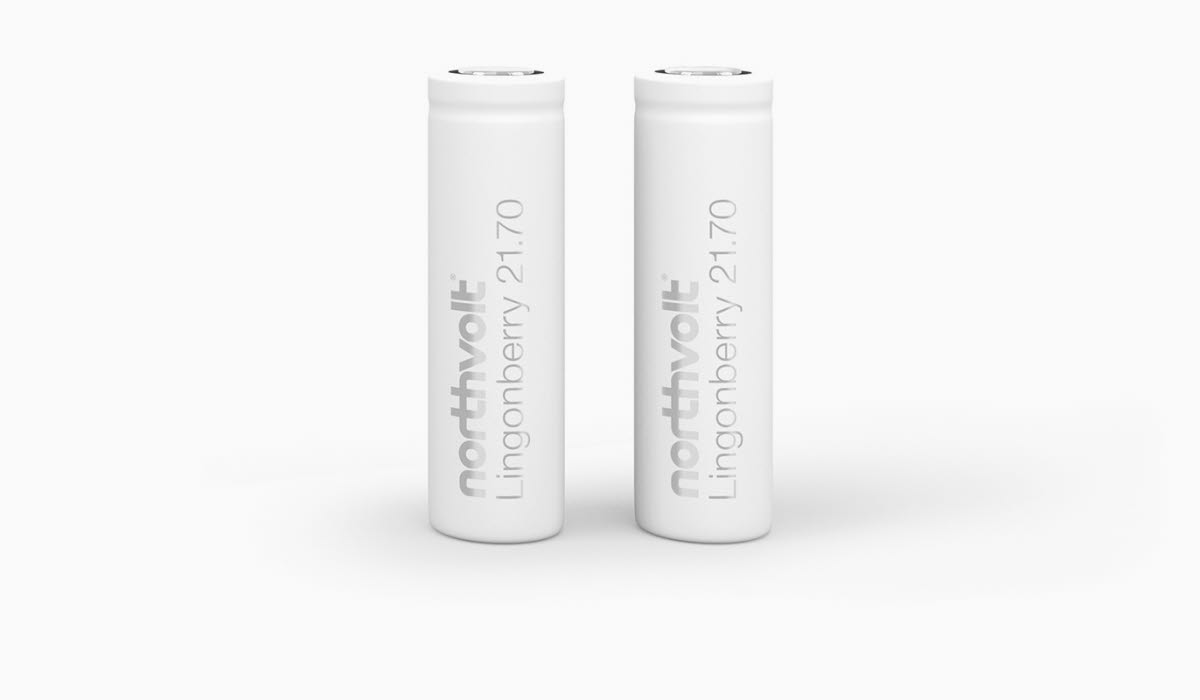In 2016, Tesla alum Peter Carlsson announced plans to build Northvolt, a EUR 3.8 billion electric battery factory, in his home country of Sweden. The factory will rival his ex-colleague, Tesla founder Elon Musk’s, “gigafactory” in Nevada, Texas, where production began in January 2017. In October 2017 it was confirmed that Northvolt’s production facility will be located near the coastal town of Skellefteå in the industrial north west of Sweden. The first phase of the plant is predicted to produce 32 Gigawatt-hours, when it is up and running in 2023.
TACKLING EUROPE’S CARBON DEPENDENCY
The "gigafactory" will be Europe’s largest factory producing next-generation lithium ion batteries needed to power electric cars and other vehicles. The scale of the operation means the batteries can be built at half the current price, making electric cars accessible to more people and tackling Europe’s carbon dependency.
“A growing consciousness of the urgency to mitigate the effects of climate change is accelerating the transition to a fossil fuel-free society”, says Jesper Wigardt, Communications and Public Affairs Director at Northvolt. “An increased use of batteries is one of the cornerstones in this transition, enabling massive conversion to sustainable transportation as well as a deep integration of renewable sources in the energy mix.”
AFFORDABLE ELECTRIC CARS
Driving the automotive industry away from oil and towards lithium-ion batteries will reduce its carbon footprint and make it possible to build affordable electric cars that perform at the same level, or better, as cars with combustion engines. And Sweden is already a leader when it comes to green electricity, boasting a 97 percent fossil free, stable electricity supply with one of the lowest tariffs in Europe. For example, the CO2 emission per kWh produced in Sweden is less than 10 percent of a German produced kWh.
Sweden has a unique position to establish largescale battery production to support Europe’s transition to renewables.In addition, Sweden has the highest share of energy production from renewables (53.9 percent) among EU member states. Thus producing the batteries in Sweden gives them a lower carbon footprint than even before they are put into service to help reduce emissions.
"Sweden has a unique position to establish largescale battery production to support Europe’s transition to renewables with its clean and affordable energy, proximity to raw materials, and a strong industrial tradition deep in its DNA", says Wigardt.
NEW RESEARCH CENTRE
An associated research centre hiring 300 to 400 employees will also be established in Västerås, a city in central Sweden around 150 km west of Stockholm.
“The European industry is moving quickly towards electrification, and we believe all sectors that are determined to make the transition into renewable energy will benefit from our project,” says Wigardt.
He adds that together the new factory and research centre will propel Sweden to the forefront of green battery production:
"Sweden now has a great opportunity to become one of the leading electrification clusters in the transition that is going to happen during the coming years.”
GREEN ENERGY: BATTERIES FOR THE FUTRE
Sweden is rich in minerals and the leading mining nation in Europe. Demand for batteries in electrical vehicles is surging, which leads to growing interests from foreign companies to explore Swedish lithium deposits.
Further south from the Northvolt project in Skellefteå is the municipality of Bergby, where Canada’s Leading Edge Materials Corp has an ongoing lithium project. The firm reported encouraging results from the initial drilling program in the region and now the project has expanded with permission granted for 48 new drill sites.
“Bergby has rapidly shaped up as a highly-ranked lithium project in the Nordic region,” says Blair Way, President and CEO of Leading Edge Materials Corp.
As the Northvolt project demonstrates, the number of battery-driven electric car engines is expected to increase, and with it, the demand for lithium has never been greater.
“This project sits well within our strategy of acquiring low holding cost assets while we advance our graphite business model to supply the lithium Ion battery market”, says Blair Way.
The Canadian firm also operates the Woxna graphite mining program in nearby Gävleborg and is expanding its operations across Sweden due to the country’s plentiful resources of natural minerals and reputation for innovation. Australian Talga Resources have a high quality graphite deposit outside of Kiruna. The graphite is of such high quality that it can be converted into graphene. This has been successfully in laboratory scale and the company now plan to build a demo plant in Sweden.
The lithium grades of the boulders and the scale of the project areas discovered to date demonstrate the prospectivity of the project.Source: This article was originally published in the Advantage Sweden Magazine.




